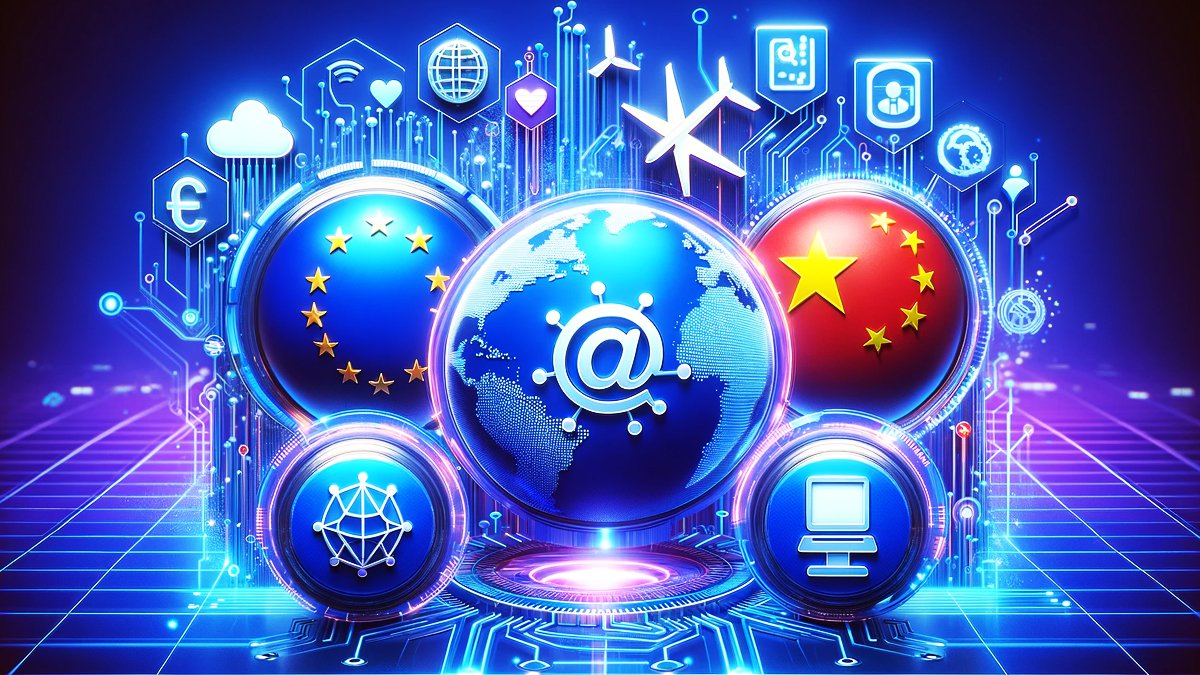Artificial intelligence (AI) has integrated various aspects of daily life, from facial recognition to autonomous vehicles. Tech giants like Google, Meta, Alibaba, and OpenAI play a major role in this field. However, governments play a crucial role in shaping the rules governing these technologies.
The Rise of Global Regulation
Since 2016, Europe, the Asia-Pacific, and North America have developed specific regulations for AI. Over 1,600 public policies and strategies on AI exist worldwide. The EU, China, the United States, and the United Kingdom are positioned as leaders in the development and governance of AI.
Accelerating Regulation
In April 2021, the European Union launched the AI Act, aiming to impose obligations on AI providers and users based on the level of associated risk. At the same time, China introduced its own regulations, targeting specific areas such as algorithmic recommendations and the synthesis of images or voices. This iterative approach allows China to adapt to emerging risks.
Response from the United States
In response to these developments, the United States has also taken action. In October 2023, the White House issued an executive order on safe, secure, and trustworthy AI, addressing issues of fairness and civil rights.
A Geopolitical Race
This global AI regulation reflects a geopolitical competition, especially between the United States and China. The European Union, for its part, seeks to establish its digital sovereignty.
Consequences for Businesses
These regulations often favor established large tech companies since compliance with legislation can be costly, posing a barrier for small businesses.
A Shared Vision
Despite the differences, a certain unity emerges. The “Bletchley Declaration,” signed by 28 countries, including the United States, the United Kingdom, China, Australia, and several EU members, shows a common willingness to cooperate on AI security.
The Economic Potential of AI
Global spending on AI could exceed $300 billion by 2026, and the generative AI market could reach $1.3 trillion by 2032.
Divergences and Tensions
Countries are also using AI for defense and cybersecurity, which is a source of international tensions. Disagreements over issues such as the Chinese social credit system emerged during the international summit on AI security in the United Kingdom.
Limits and Challenges
Current AI regulations have limits, particularly in terms of clear definitions and concepts of risk, security, transparency, and fairness.
Toward Global Governance
“Best practices” are emerging, guided by organizations such as the UN and the National Institute of Standards and Technology in the United States, suggesting a movement toward global governance of AI, influenced by ethical consensus and geopolitical interests.






